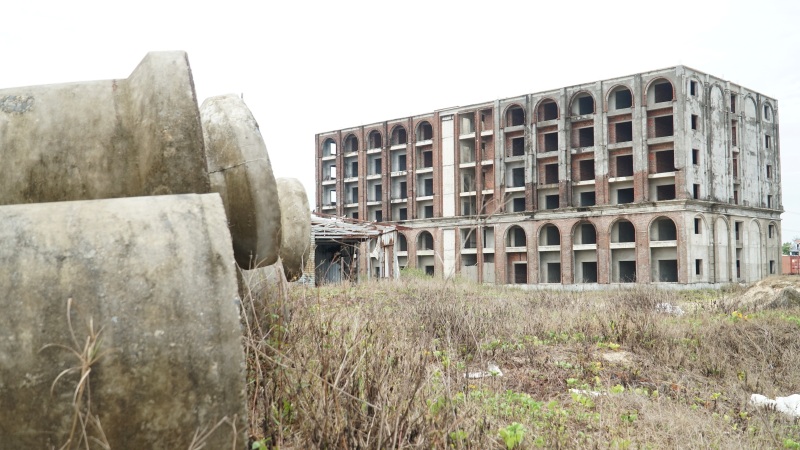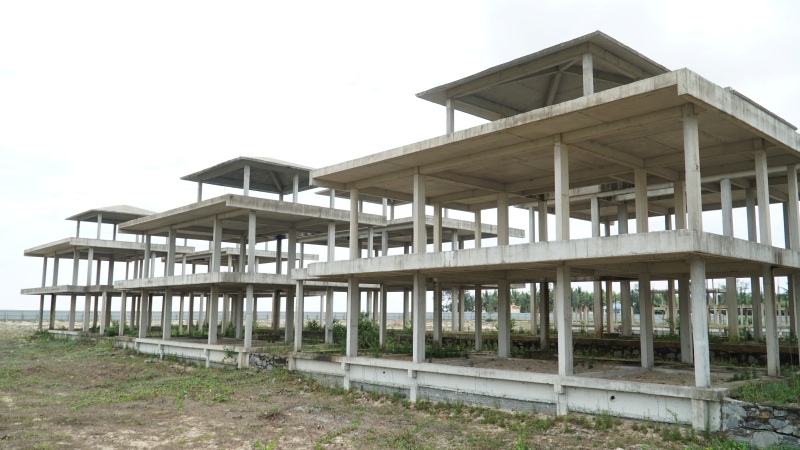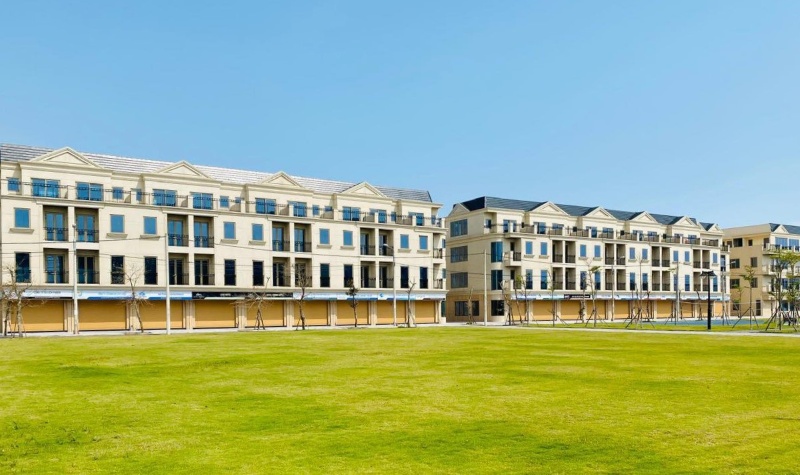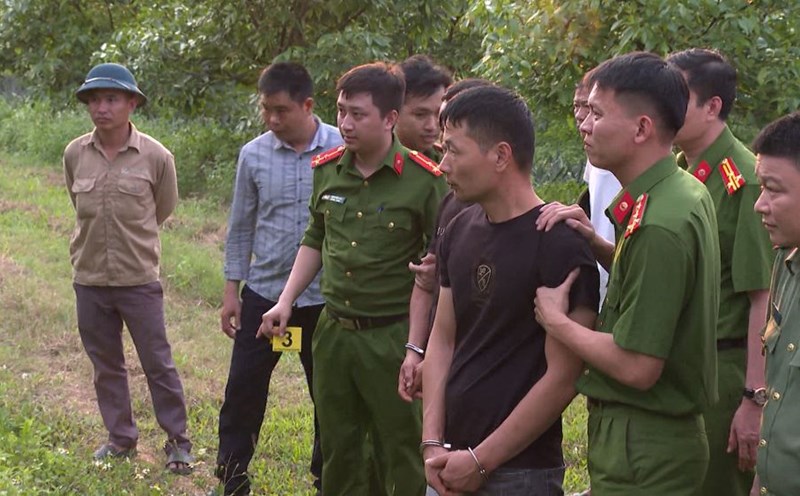Collecting land use fees to hit rock bottom
Land use fees - which are a source of revenue that accounts for a large proportion of Quang Nam province's budget revenue - have been in a state of sharp decline for 3 consecutive years.
According to the report of the Provincial People's Committee, in 2023, Quang Nam only collected 1,911/2,300 billion VND in land use fees, reaching 83.1% of the estimate. 2024 is even worse, reaching only 33.3% of the plan (900/2,700 billion VND).
By the end of the first quarter of 2025, the revenue from land use fees had only reached 167 billion VND out of the total estimate of 3,300 billion VND - the lowest figure among the 4 provinces in the tax area XII.

This situation is causing many localities in the province to fall into a difficult situation. In Dien Ban town, the failure to collect land fees forces the locality to temporarily use investment capital for regular expenditures. Hoi An City has had to remove many investment projects from the capital allocation plan.
Mr. Nguyen Van Son - Chairman of Hoi An City People's Committee - frankly said: "The real estate market is frozen, land cannot be auctioned, there are no transactions, businesses cannot transfer projects. The locality is almost no longer able to collect land use fees".
One of the biggest bottlenecks is a series of stalled real estate projects. Nearly VND 1,660 billion in land use fees for 30 projects with outstanding loans, the tax authority has only collected VND 252 billion - less than 20%. Up to now, there is still about 1,400 billion VND that cannot be collected.
Struggling to overcome difficulties
According to the tax authority, the reason is always legal problems, slow site clearance, unapproved land prices, tightened credit, liquidity... Meanwhile, many real estate businesses - even though they have been allocated land - still cannot pay because they have not been granted red books and have not completed transfer procedures.

Mr. Tran Quoc Bao - Chairman of the Quang Nam Business Association, Chairman of the VN Da Thanh Group - said: "It is impossible to request businesses to pay land use fees while the project has not been granted a red book or cannot be transferred. It is necessary to be transparent and ensure their rights so that they have cash flow to circulate and pay financial obligations".
The Provincial People's Committee has just officially established a Specific Land Price Appraisal Council. Mr. Tran Nam Hung - Vice Chairman of the Provincial People's Committee - affirmed that the province will be determined to complete the target of collecting VND3,300 billion from land this year, through approving land prices for a series of projects underway.
But in reality, it is not simple. Since the beginning of the year, the revenue has only reached... about 5% of the estimate.

Mr. Nguyen Hung - Deputy Director of the Provincial Department of Finance - admitted: About 90% of land revenue depends on urban projects. But most of them are behind schedule, overlapping legal issues, difficult to disburse, difficult to auction, making it impossible for localities to rely on land use fee collection".
The Tax Department of Region XII said that this unit has worked many times with enterprises that owe land taxes to propose extending, offsetting debts, and flexibly handling financial obligations, but if there are no changes in investment mechanisms and legality, it will be difficult to unblock the flow of land use fee collection.
In the context of increasing investment spending demand, the locality cannot "wait" for the real estate market to recover naturally. The story of unblocking land revenue is not only a financial issue, but also a problem of managing more synchronous, responsible and flexible development policies.











